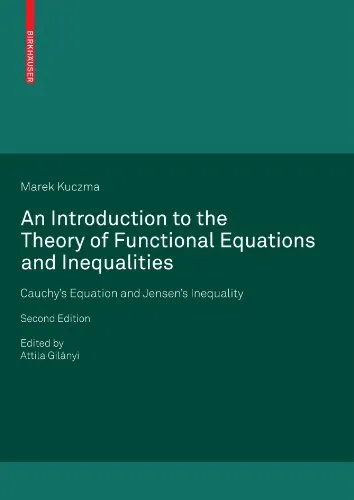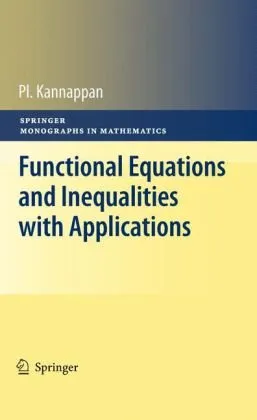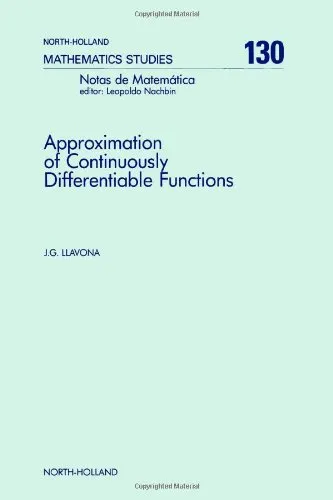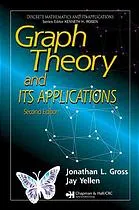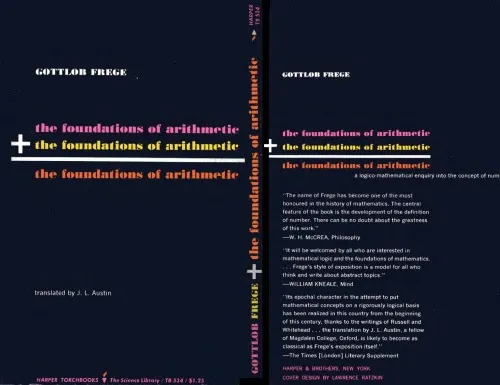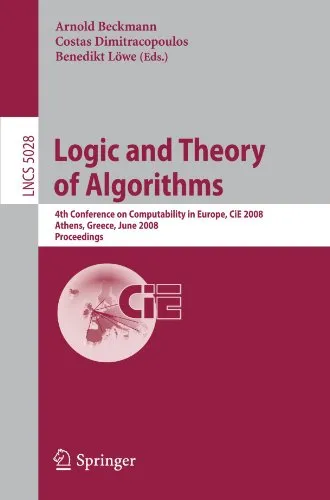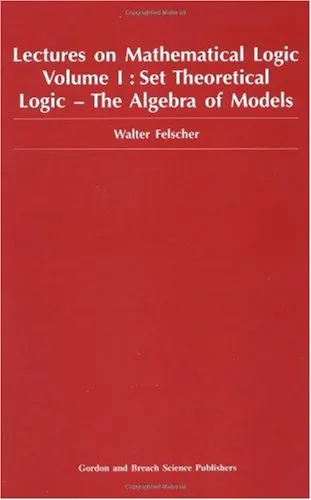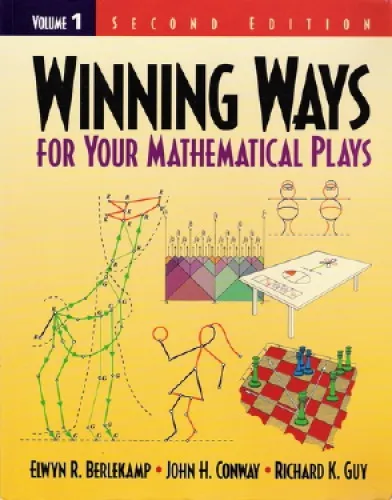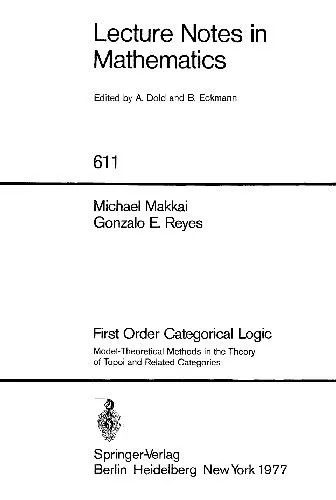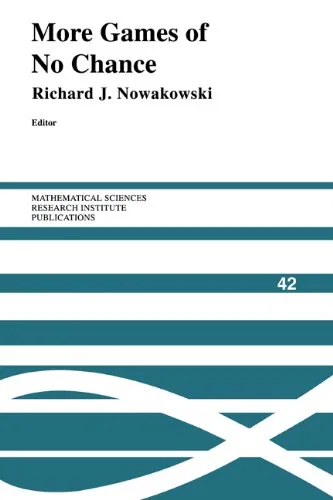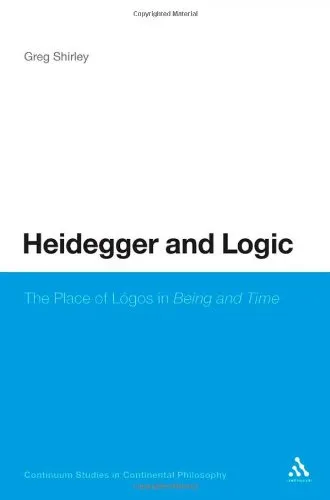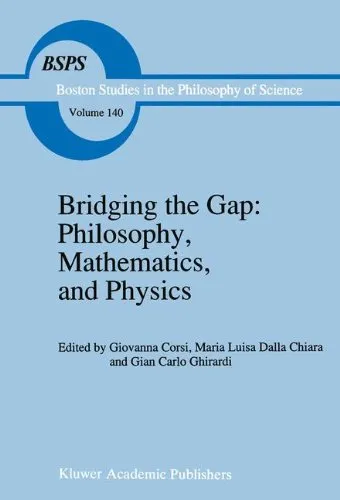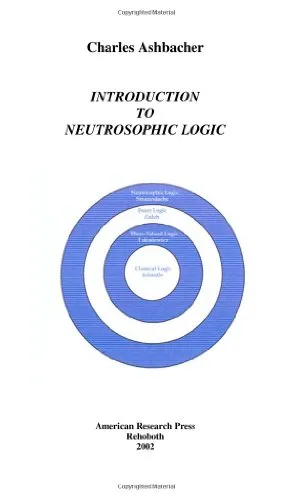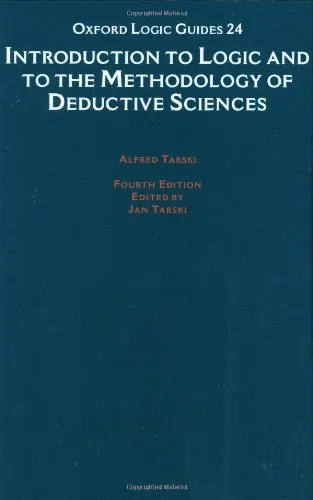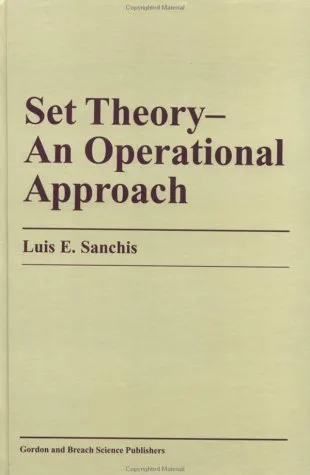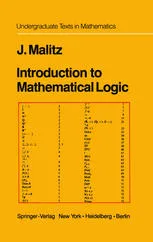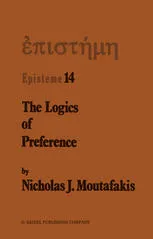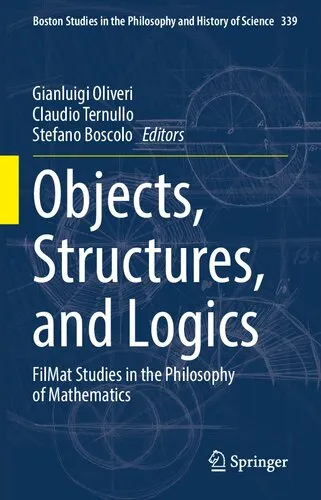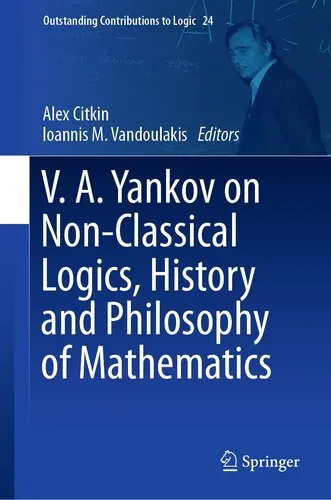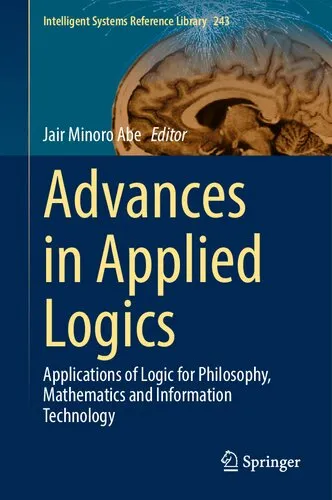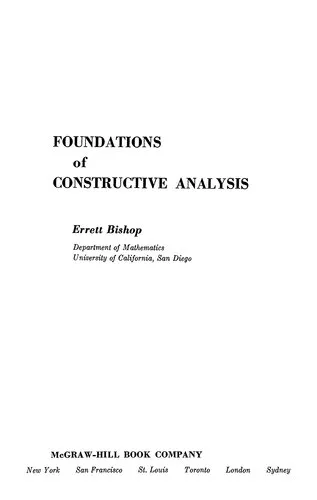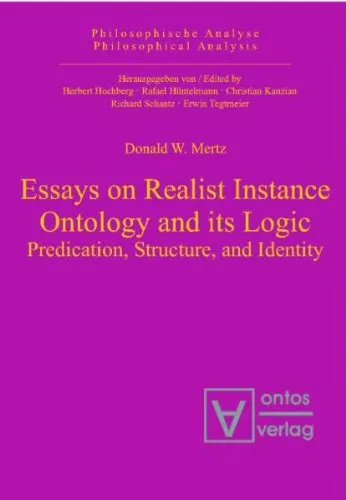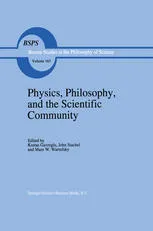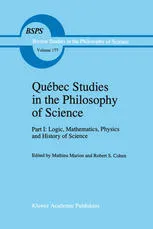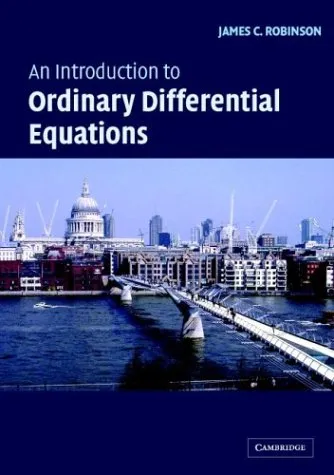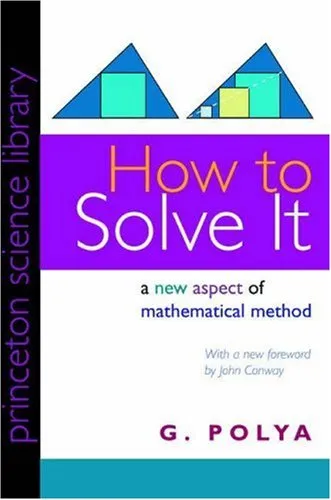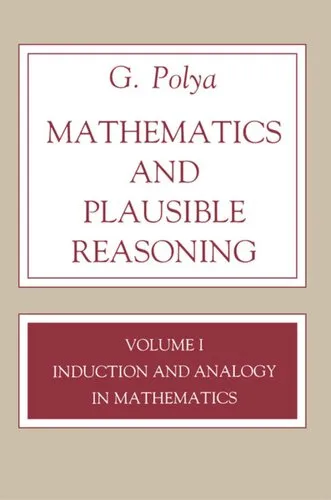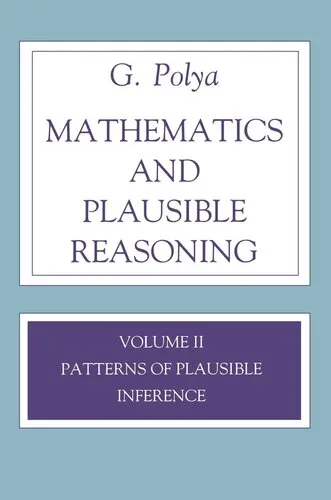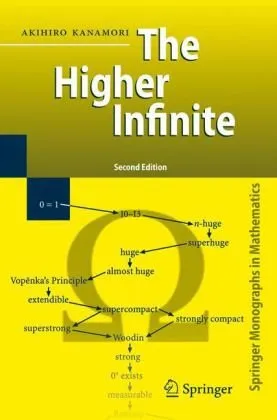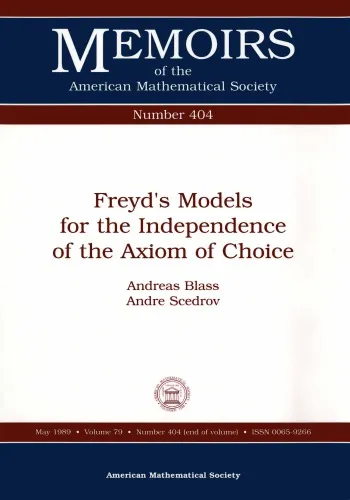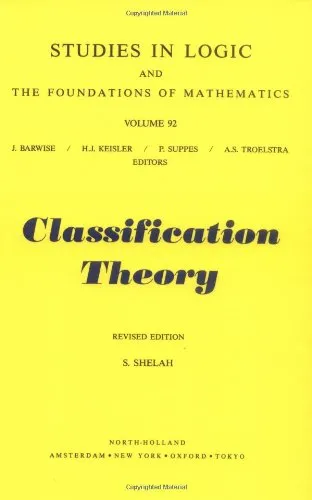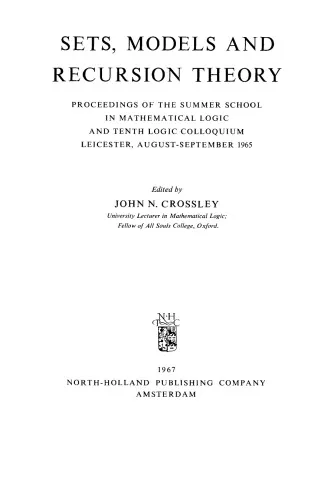The Principles of Mathematics Revisited
4.5
Reviews from our users

You Can Ask your questions from this book's AI after Login
Each download or ask from book AI costs 2 points. To earn more free points, please visit the Points Guide Page and complete some valuable actions.Related Refrences:
Introduction to "The Principles of Mathematics Revisited"
Jaakko Hintikka's "The Principles of Mathematics Revisited" is a landmark contribution to the philosophy of mathematics, offering a groundbreaking reinterpretation of foundational issues in the field. This book challenges many traditional views upheld since the early 20th century and proposes a dynamic and pragmatic perspective on mathematical truths and concepts.
The book stands as an indispensable resource for philosophers, logicians, and mathematicians alike, seeking to understand mathematics not merely as a collection of abstract truths but as a multifaceted system intertwined with logic, semantics, and human reasoning. Hintikka's penetrating insights move beyond the historical constraints of traditional mathematical philosophy to redefine its underlying principles.
Detailed Summary of the Book
At its core, "The Principles of Mathematics Revisited" offers a revisionary critique of Bertrand Russell’s seminal work, The Principles of Mathematics. Hintikka challenges notions derived from Russell's logicism, proposing that the foundations of mathematics demand a deeper integration of formal semantics and epistemology.
The book delves into several key areas:
- Critique of Classical Logicism: Hintikka critiques the logicist program, which posits that mathematics can be reduced to pure logic. He argues that this reduction overlooks the explanatory role of semantics in the formation of mathematical meaning.
- Interdependence of Syntax and Semantics: Moving beyond syntactic formalism, Hintikka highlights the importance of model-theoretic semantics, emphasizing that meaning in mathematics arises through the interplay of syntax and semantics, challenging Fregean and Russellian traditions.
- The Role of Intuition and Cognition: Hintikka sheds light on the cognitive processes underpinning mathematical reasoning, proposing a pragmatic view that aligns mathematics more closely with human interpretive practices.
- Redefinition of Mathematical Truth: The book promotes a dynamic conception of truth, one contingent on contexts and models, rather than fixed axiomatic frameworks.
By revisiting the principles that govern mathematical structures and reasoning, Hintikka opens the door to a richer understanding of the discipline. His approach is deeply interdisciplinary, synthesizing insights from logic, philosophy, linguistics, and even artificial intelligence.
Key Takeaways
- Mathematics Is Not Static: Mathematical truth is framed as contextual and dynamic rather than eternal and immutable.
- Semantics Matters: Understanding the meaning of mathematical concepts requires integrating both syntactic rules and semantic interpretations.
- Logicism Has Limits: The traditional reductionist approach of logicism, as championed by Russell, is reconsidered and critiqued.
- The Interplay of Intuition: Human cognitive intuition plays a vital role in mathematical reasoning and its development.
- Inclusive Foundations: A more comprehensive foundation for mathematics must integrate elements of epistemology, intuition, and model theory.
Famous Quotes from the Book
"Mathematics is not about absolute truths but about truths that evolve with the systems and models we construct."
"Logic is not the ultimate foundation of mathematics; it is merely one of the tools that helps shed light on mathematical phenomena."
"Understanding mathematics requires us to go beyond formalism and engage with the semantics of the language in which it is expressed."
Why This Book Matters
"The Principles of Mathematics Revisited" is more than a critique of past foundational theories; it is a bold and forward-looking proposal to rethink mathematics in light of modern formal semantics and epistemology.
Its significance lies in its ability to bridge longstanding divides in the philosophy of mathematics, such as those between logicism and intuitionism or formalism and semantics. By championing a model-theoretic perspective, Hintikka reinvigorates debates around the nature and purpose of mathematics in intellectual and practical contexts.
Moreover, the book underscores the importance of interdisciplinary dialogue. By drawing connections between mathematics, linguistics, and cognitive sciences, Hintikka offers new avenues for understanding both the abstract and applied dimensions of the field. In a time when mathematics continues to underpin advancements in technology and artificial intelligence, revisiting foundational principles as Hintikka does is not just academic—it is imperative.
For readers seeking to rethink the philosophical and logical assumptions underpinning mathematical theories, "The Principles of Mathematics Revisited" is essential reading. Its implications stretch well beyond the confines of mathematics, touching on broader issues in the philosophy of science, epistemology, and artificial intelligence.
Free Direct Download
You Can Download this book after Login
Accessing books through legal platforms and public libraries not only supports the rights of authors and publishers but also contributes to the sustainability of reading culture. Before downloading, please take a moment to consider these options.
Find this book on other platforms:
WorldCat helps you find books in libraries worldwide.
See ratings, reviews, and discussions on Goodreads.
Find and buy rare or used books on AbeBooks.
1463
بازدید4.5
امتیاز0
نظر98%
رضایتReviews:
4.5
Based on 0 users review
Questions & Answers
Ask questions about this book or help others by answering
No questions yet. Be the first to ask!

